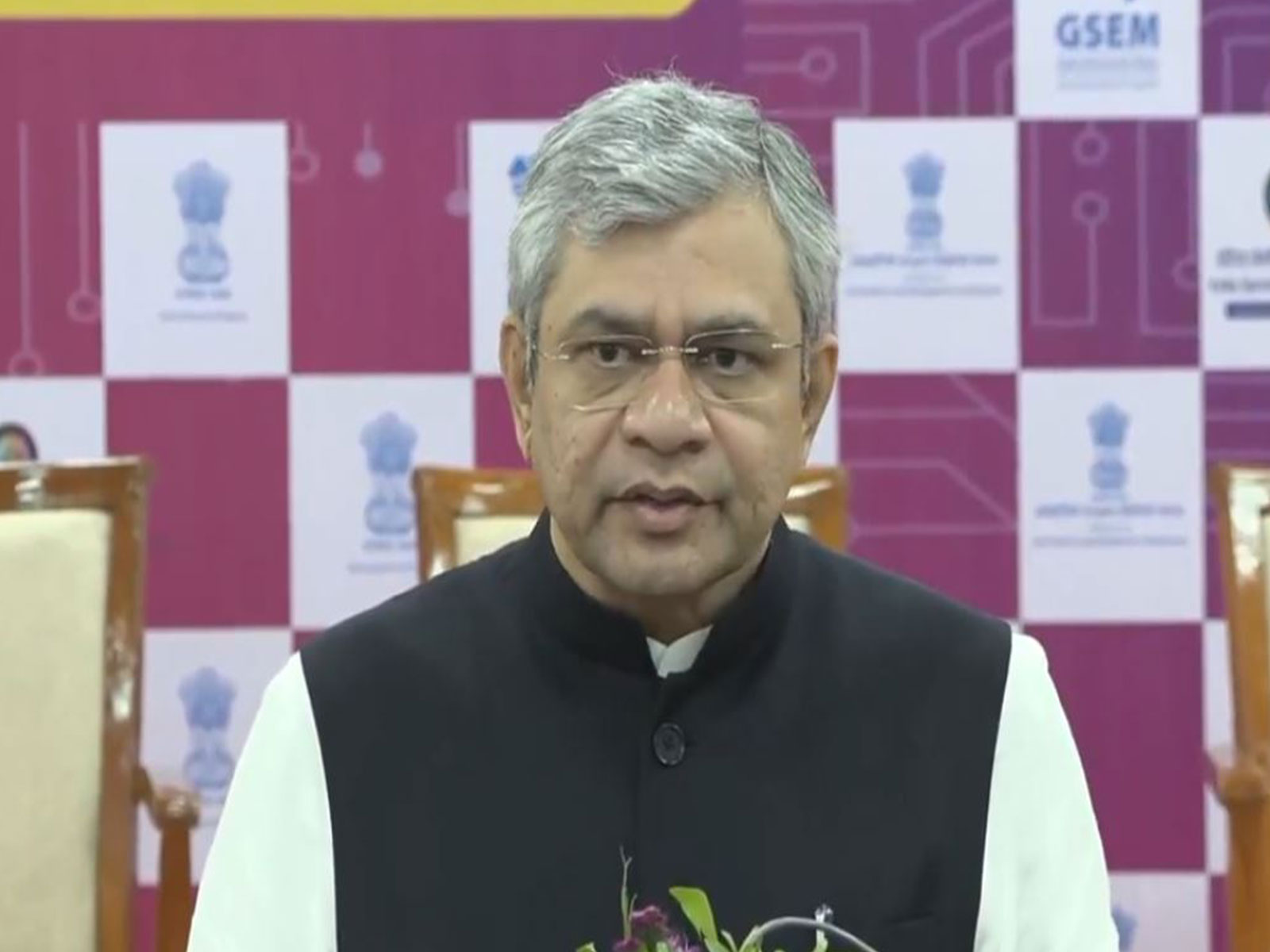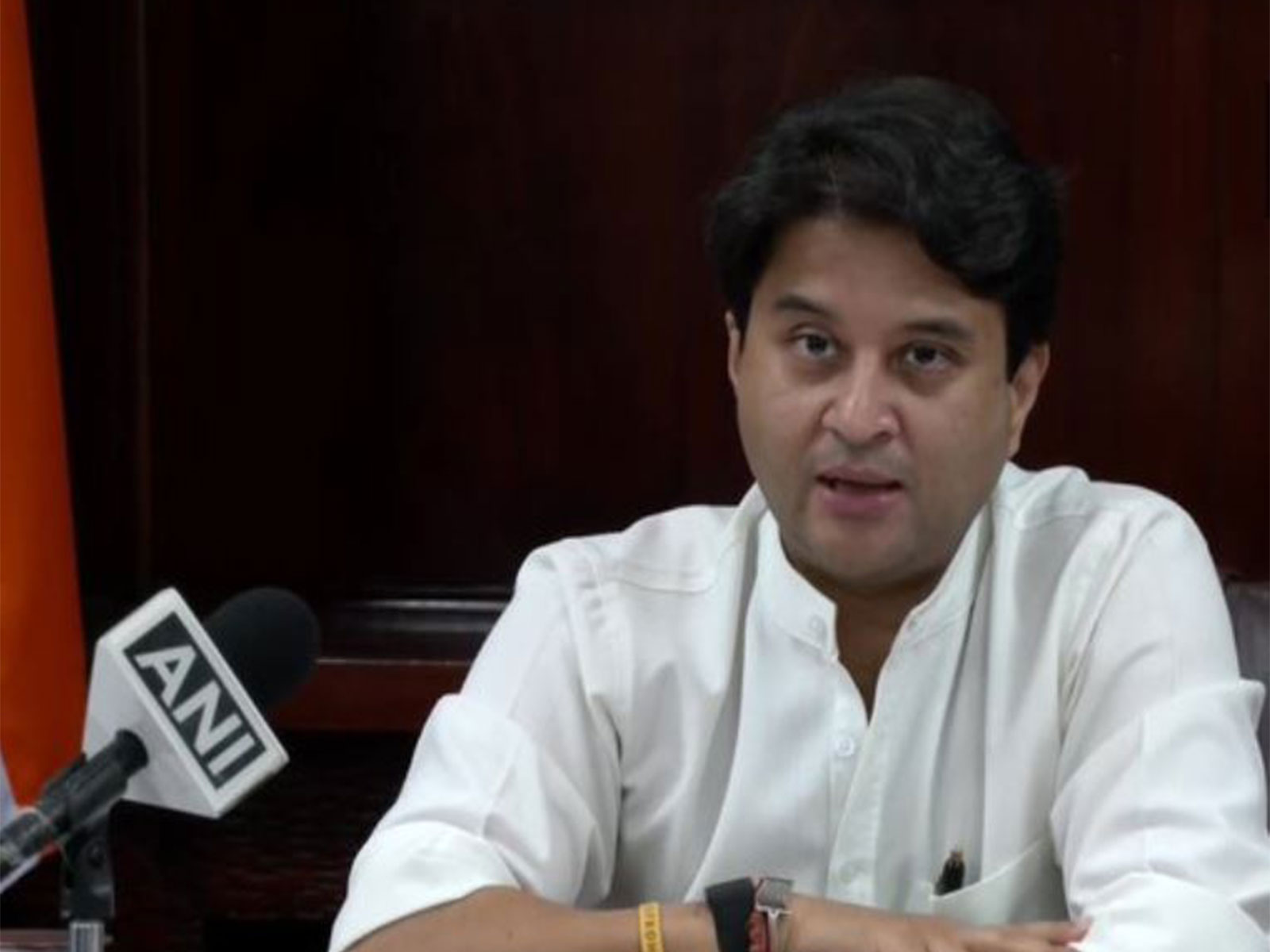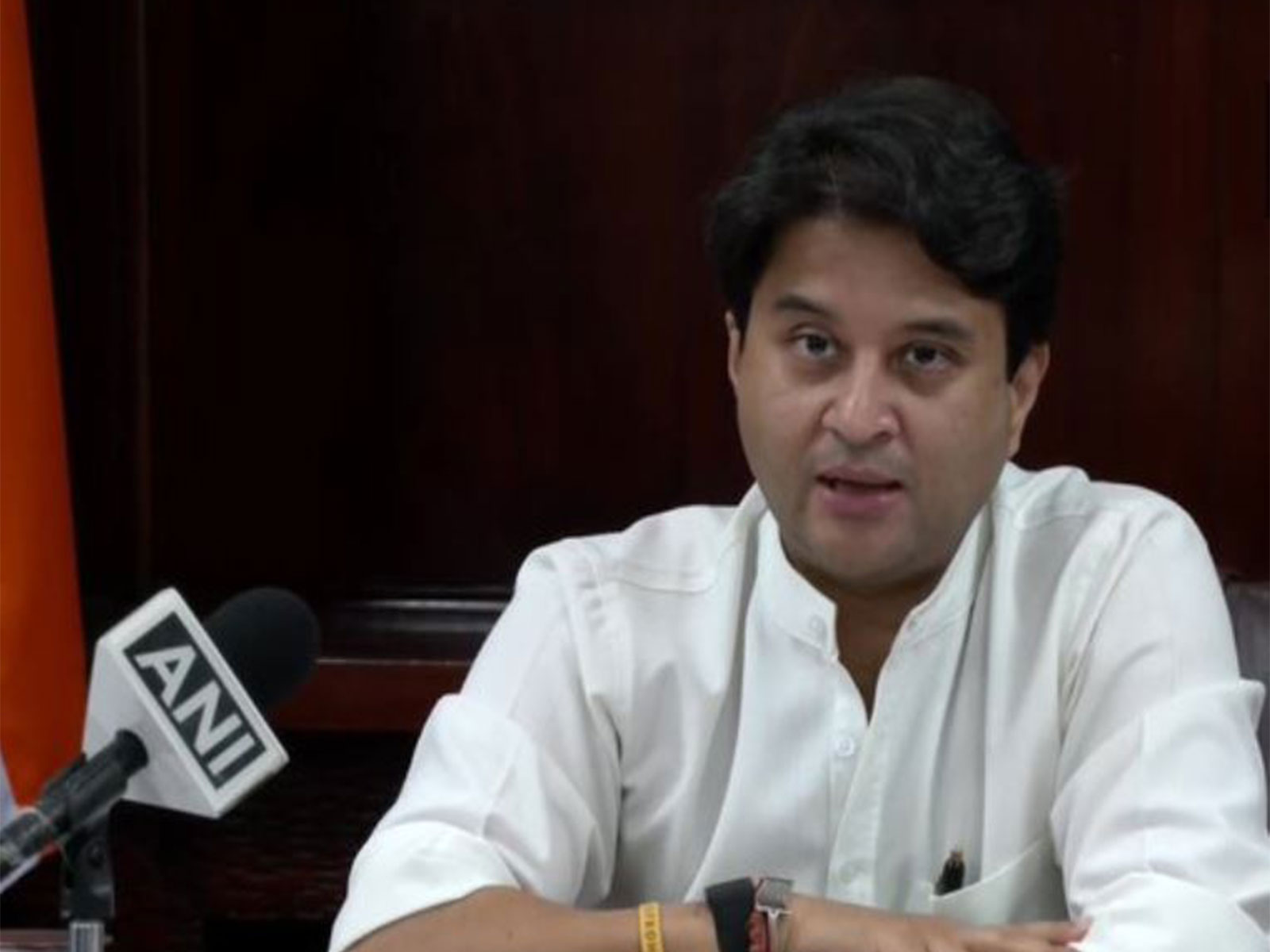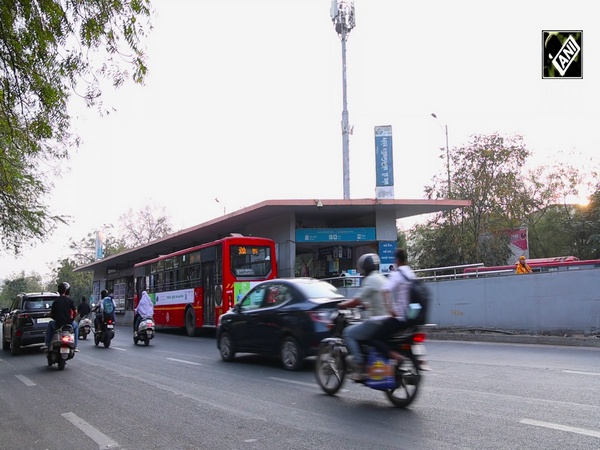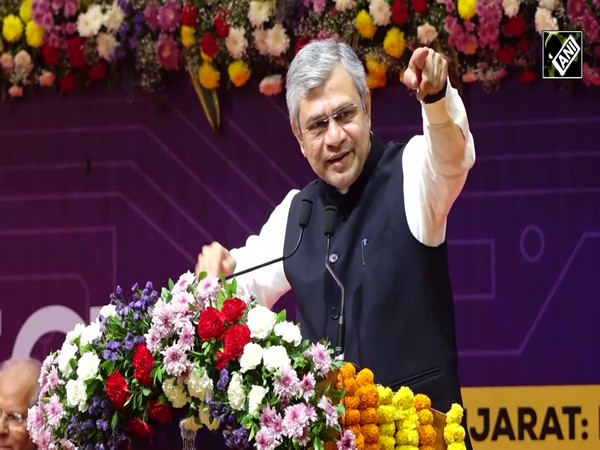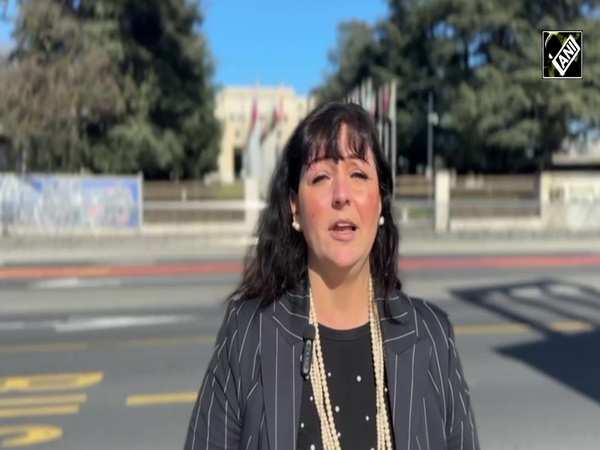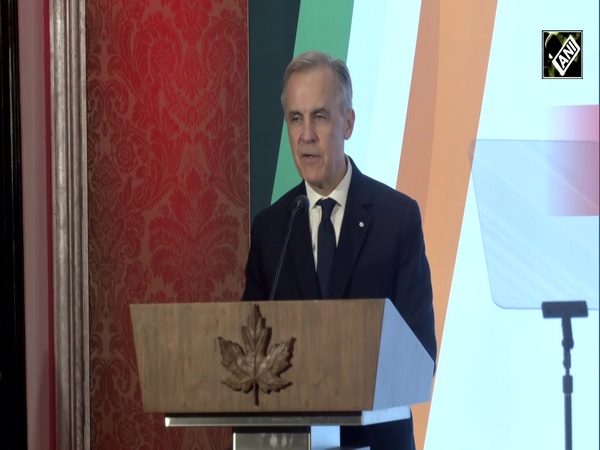Energy markets brace for volatility as sanctions drive up reliance on US LNG: Oxford Report
Nov 17, 2025
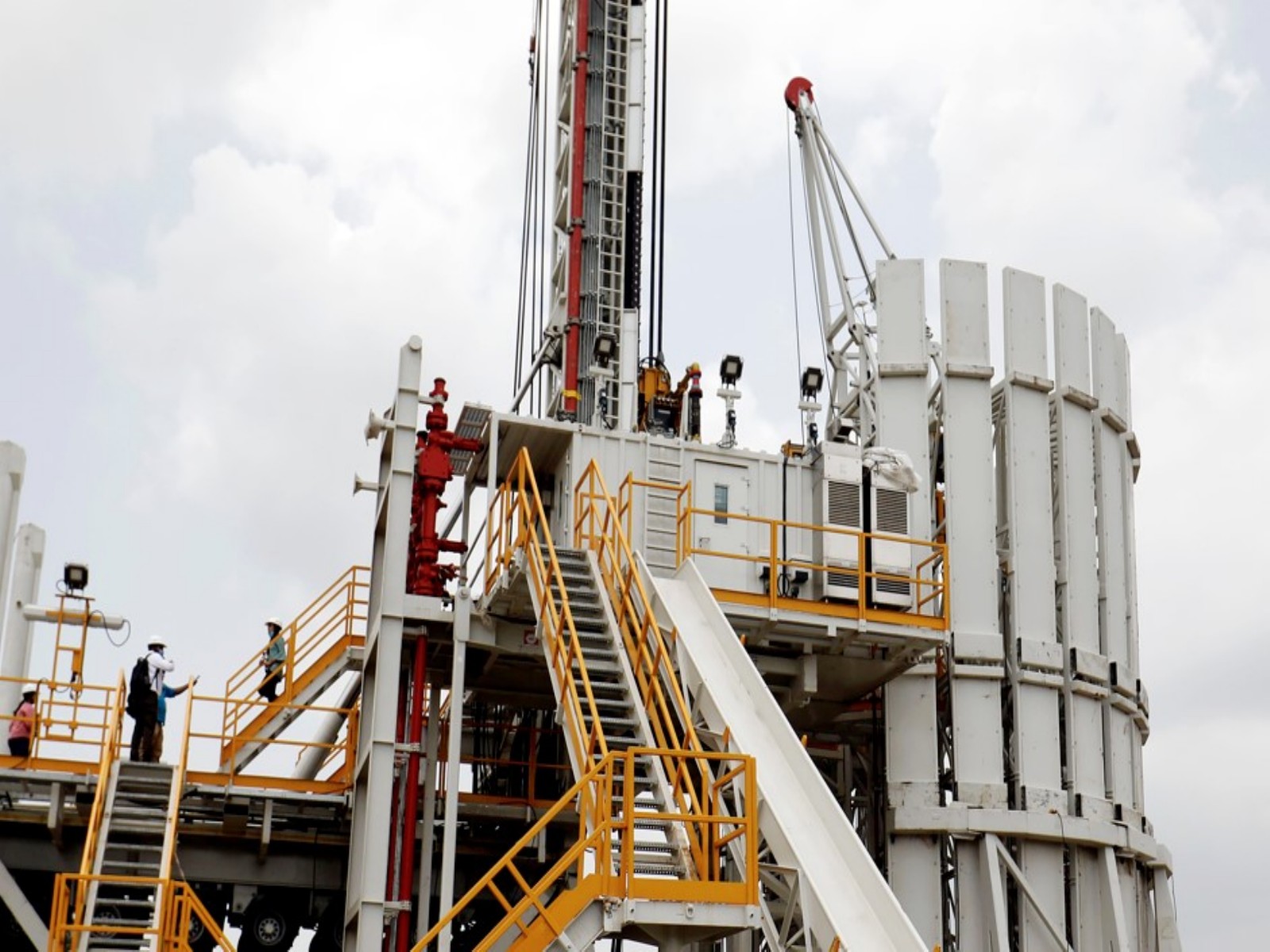
New Delhi [India], November 17 : A new report by the Oxford Institute for Energy Studies warns that the global effort to cut dependence on Russian gas is creating short-term volatility in pricing, largely due to tightening supply conditions and shifting geopolitical alignments.
The report stated, "reducing dependence on Russian gas means increasing reliance on an increasingly volatile ally in the US".
According to the study, sanctions on Russian energy have pushed many countries to turn toward the United States for LNG supplies. As a result, the US is now positioned to dominate global LNG supply growth, with its installed export capacity expected to nearly double by 2030. This rapid expansion comes at a time when the global LNG market is already undergoing significant turbulence.
The report notes that while an upcoming wave of LNG supply could offset some risks later in the decade, immediate volatility is likely to intensify. Gas is increasingly acting as a backup for intermittent renewable power, and uncertainty around new investments could trigger supply shortages. Such constraints could heighten political tensions if global producers blame EU policy for adding regulatory and pricing risks.
The study also cautions that Washington's aggressive push to secure foreign markets for US LNG, particularly under the Trump administration, may politicise gas trade, potentially weakening long-term confidence among buyers.
Unlike oil, which has maintained consistent demand across decades due to its transportation dominance, natural gas faces stiff competition from renewables in Europe and China, and from coal in India and parts of Asia. This makes its long-term outlook less stable.
Compounding these challenges is the US government's leverage over global energy trade through the dollar-clearing system, which allows it to impose unilateral or secondary sanctions. The report warns that this power increases the likelihood of market disruptions and is driving countries like Russia, China, India, and Iran to explore energy trade in local currencies.
The globalization of gas markets has further amplified risks. Interlinked price benchmarks now mean that a supply shock in one region quickly triggers price spikes elsewhere.
Following the Ukraine war, European and Asian gas prices effectively merged, turning Europe's crisis into Asia's. This has raised concerns among major Asian consumers, including China and India, about the long-term reliability of LNG for power generation and industrial use.


